 Mainline Florida: Link to Mainline Florida.
Mainline Florida: Link to Mainline Florida.
Sofya Semyonova, or Sonya, is an impoverished teenager, a believing Christian who has turned to prostitution to support her family. Sonya befriends Raskolnikov, the murderer guilty of the book’s titular crime. Despite being afraid of his irascible and unpredictable nature, Sonya demonstrates a timid yet imperturbable patience with Raskolnikov. She follows him to prison in Siberia, where despite his daily rejection of her kindness, she continues to visit and care for him. For a year she perseveres in patience, until finally, after illnesses which cause them to be separated for a time, Raskolnikov realizes how much he cares for Sonya. When they are reunited, he falls at her feet in tears and Sonya’s patience is rewarded with Raskolnikov’s long-awaited conversion.
Crime and Punishment plumbs the depths of sin and suffering, but offers a ray of hope at the end. Its story is as dark as that of any addict who came to the Catholic Worker seeking a bed, and yet recognizes that even in the clutch of great sin, each person is still a child of God, and still deserves to be loved as an alter Christus. Just as Sonya never gives up on Raskolnikov, Day believed “We must learn to love people ‘in their sin,’ as Dostoevsky says.”
Crime and Punishment would seem to have yet another attraction for Day - it suggests that one need not be a saint to be a witness of faith to a sinner. Why should Dostoyevsky choose a young, often fainthearted prostitute to trigger the conversion of an unrepentant murderer, while his good and generous friend and his virtuous and caring sister are entirely unable to reach him? In this way, Sonya is again a model for the Catholic Worker, and one to whom Day herself, with her colorful Greenwich Village past, could relate. No one is perfect,
It wasn’t their own efforts, after all, which caused the change, but the Spirit working through them. Sonya represents the hope that despite one’s personal shortcomings -whether sinfulness, quirks of temperament, or other human foibles - patience and the gift of one’s own presence could lead a lost soul to Christ.
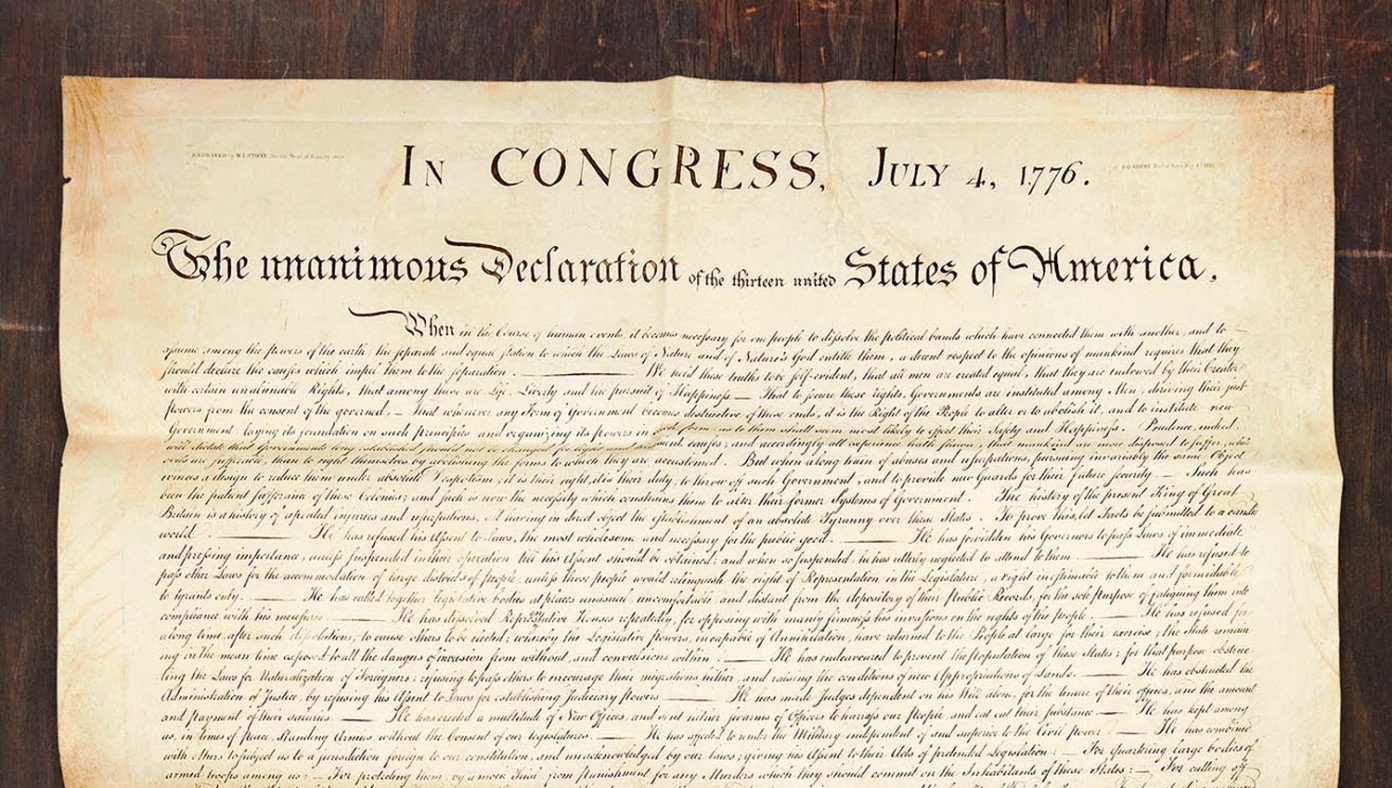
PHILADELPHIA—Researchers with Independence National Historic Park have located an ancient document they say renders all national mandates and restrictions void. The document, dating to 1776, is being referred to as ‘The Declaration of Independence’ by park historians who allege it details the existence of unalienable rights and that governments derive their power from the consent of the governed. Sources indicate the document was found in the park archives, allegedly buried under a stack of Benjamin Franklin’s raunchy poems.
“We don’t usually go near those,” said historian Clay Garrett regarding Franklin’s forbidden writings. “I was definitely not reading them when I found the crumpled-up parchment that later turned out to be our nation’s Declaration of Independence."
Garrett continued, “The fascinating thing about this document is that it says King George III was a tyrant who did a bunch of things President Biden is doing right now. So I’m not really sure what to think.”
“Also, they were both kind of crazy. We’re looking into a latent Corn Pop connection as well,” he added.
In response to the find, the Supreme Court has granted a stay on all current vaccine and mask mandates, as well as every other stupid mandate on the books.
White House Press Secretary Jen Psaki said of the document, “The president is just working to tear down our nation’s values and unite us all under a one-world government to protect us from a virus with a high probability of survival. That doesn’t make him a tyrant. He’s not even British.”
At publishing time, mandates and restrictions were reinstated after it was revealed the author of the declaration was local racist Thomas Jefferson.
New York Times columnist Charles Blow fulminated recently that those who fail to cleave to late-model progressivism aim at “the subjugation of all who challenge the white racist patriarchy.” No surprise there. Blow has made a career out of outrage. Yet a prominent analogy in his column, “We’re Edging Closer to Civil War,” gave me pause.
His immediate topic is the Texas law that significantly curtails abortion while making legal challenges to the law’s constitutionality difficult to mount. Blow wrings his hands over the “astonishing reality” that a state law has evaded the strictures of Roe v. Wade. Citing Justice Sonia Sotomayor, he raises the specter of “nullification,” the notion that states have a right to veto federal law when they disagree with it.
Though states indeed have rights in our federal system, the notion of “states’ rights” has the bad odor of Southern intransigence in the years leading up to the Civil War, an intransigence reprised during the civil rights era. South Carolina senator John C. Calhoun was an articulate proponent of “nullification,” basing his argument on the concept of minority rights in a democratic polity. But this does not interest Blow. He fixes on Calhoun as “a raging racist who went further than the slave owners who saw slavery as a ‘necessary evil,’ seeing it instead as a positive good.”
I could not help but feel moral whiplash. Isn’t this what the abortion advocates often argue—that abortion is not a necessary evil but a positive good?
Many signers of the Declaration of Independence were slaveholders. Yet they regarded the Peculiar Institution as morally questionable. George Washington avoided public debates about slavery, but toward the end of his life he regretted that he had benefited from slave labor, and his will secured the freedom of his slaves after the death of his wife. Patrick Henry described slavery as “repugnant to humanity” and “destructive to liberty.” In the 1820s, even one of slavery’s prominent proponents, South Carolina senator William Smith, pronounced it a “necessary evil.”
During his 1992 campaign, Bill Clinton expressed a similar sentiment about abortion, insisting that he would make abortions “safe, legal, and rare.” He was not about to challenge the legal regime made possible by Roe, which allows for the killing of the unborn throughout the nine months of pregnancy. But like Thomas Jefferson, who regretted the institution of slavery but could not live without it, Clinton wished to avoid championing abortion, even as he refused to limit it.
That’s changed. Over the last two decades, abortion proponents have adopted a more forthright approach. Far from an “unfortunate” necessity, abortion is presented as a positive good. The argument is straightforward. Activists Olivia Cappello and Kate Castle take as axiomatic that abortion is necessary if women are to enjoy the full freedom to realize their goals and aspirations. Easy access to abortion “is fundamental to women’s autonomy.” In these pages, Darel Paul has cited Paxton Smith, a high school valedictorian in Texas who used her graduation speech to denounce limits on abortion. Smith aspires to many wonderful things, which restrictions on abortion threaten: “I’m terrified that if my contraceptives fail, I’m terrified that if I am raped, then my hopes and aspirations and dreams and future will no longer matter.”
As Paul notes, that’s exactly Calhoun’s argument for the positive good of slavery: White men cannot achieve their aspirations of aristocratic refinement—the finest fruit of man’s freedom in Southern culture—without a right to enslave black men. Substitute “women” for “white men,” dilate on the aspirations of women to
chart their own paths and realize their talents, substitute “unborn children” for “black men,” and you have the argument that abortion is to be celebrated, not censored. “Shout your abortion!” urges the movement of that name.
Charles Blow seems oblivious to the link between our most ardent abortion proponents and the ideologues who once justified slavery. But that link has been plain to see for a long time. Amnesty International calls abortion a “basic healthcare need.” It’s “basic,” because on this view women cannot realize their full potential without having the right to kill their unborn children. Without abortion, they would be stuck with unwanted burdens and responsibilities. Which is exactly why Calhoun thought slaves were so necessary and engaged in the antebellum tactic of “Shout your mastery!” Without slaves, white men would be stuck with unwanted toil in fields and other menial tasks. Without slaves, white women would have to change diapers, nurse children, cook meals, and scrub floors.
Charles Blow is careless in his evocation of John C. Calhoun, and he is callous in his willingness to carry water for the pro-abortion crowd. Women are vulnerable to unwanted pregnancies, something that older social mores addressed by regulating sexual conduct and imposing strong expectations on men to marry the women they impregnate. Sadly, over the last fifty years that vulnerability has been stained with blood, not guarded by morality. Calhoun argued that white men and women could not be fully free unless black men
AND>>>>>>>>>>>>>>>>
*********************************
As we look to a potential return to constitutional principles on this issue, it is important for Americans to understand the Court’s decisions in Roe and Casey—especially as it relates to their brazen rejection of the separation of powers and poor legal reasoning.
In 2017, Hillsdale produced an online course on the U.S. Supreme Court. In lecture 4 of that course, Professor Adam Carrington explains how the Court carved out a supposed right to abortion through a series of novel readings that departed significantly from the Founders’ understanding of natural rights, liberty, morality, and the purpose of government.
By watching this lecture, you will learn:
- the background and facts of Roe v. Wade and Planned Parenthood v. Casey
- the origins of Roe’s claim to a right to privacy
- the legal framework imposed on state governments by Roe
- the novel conception of liberty declared in Casey
- the ways in which Casey transformed the abortion debate and the Court’s definition of liberty and morality.
You can watch this lecture and begin “The U.S. Supreme Court” today by clicking on the secure link below:
https://online.hillsdale.edu/landing/the-us-supreme-court
I hope you join me in this fundamental study of the judicial branch and how today’s Court relates to the expectations of the Founders.
***********************************
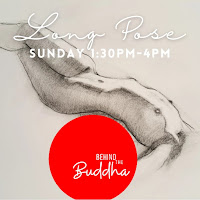




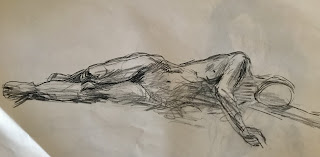











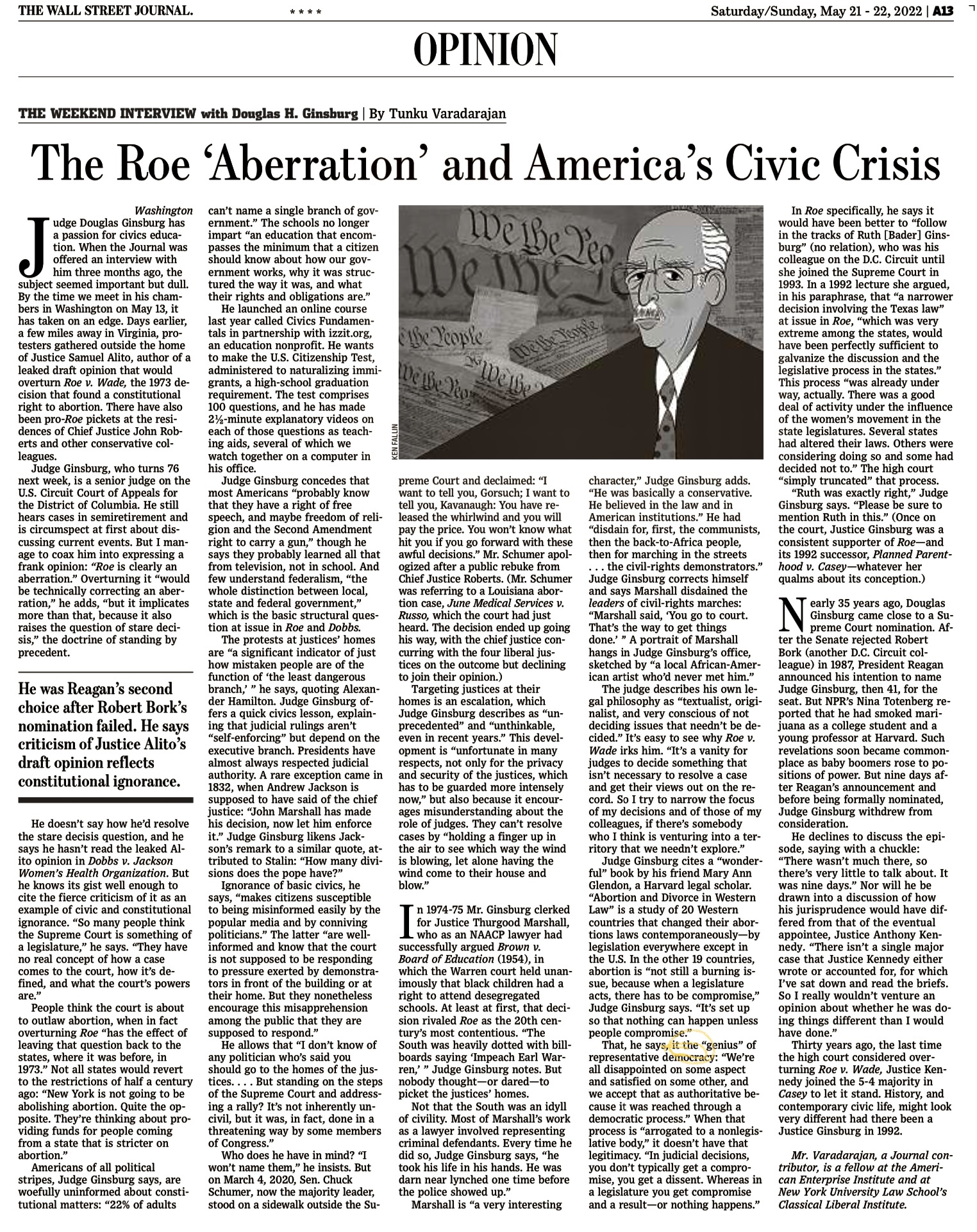











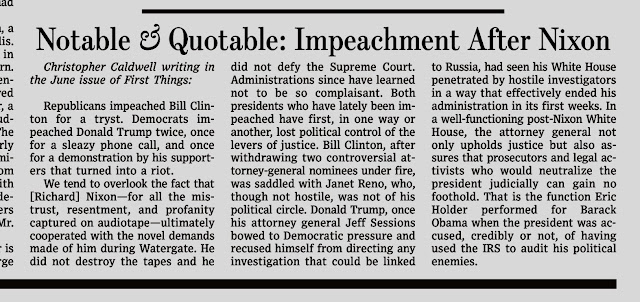




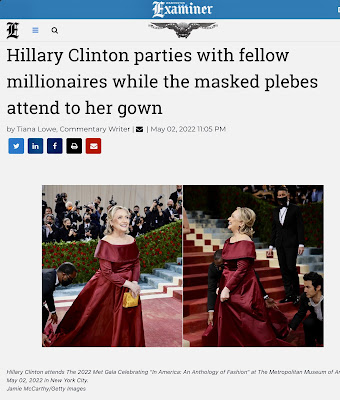



No comments:
Post a Comment